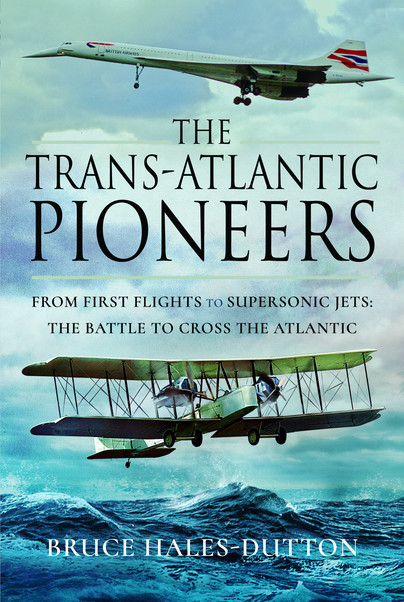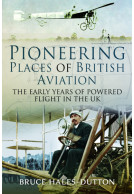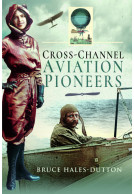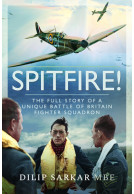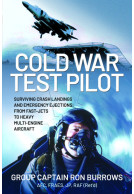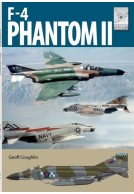The Trans-Atlantic Pioneers (Hardback)
From First Flights to Supersonic Jets – The Battle to Cross the Atlantic
Imprint: Air World
Pages: 229
Illustrations: 16
ISBN: 9781526732170
Published: 13th February 2019
(click here for international delivery rates)
Order within the next 3 hours, 29 minutes to get your order processed the next working day!
Need a currency converter? Check XE.com for live rates
| Other formats available - Buy the Hardback and get the eBook for free! | Price |
|---|---|
| The Trans-Atlantic Pioneers ePub (7.1 MB) Add to Basket | £6.99 |
Every day up to 3,000 aircraft fly across the Atlantic Ocean. If each one carries 250 passengers, that could mean as many as 750,000 people on the move between Europe and North America.
The main concern for most is the choice of in-flight movie or whether to have beef or chicken for dinner. A century ago it was very different. Before John Alcock and Arthur Whitten Brown’s epic flight of June 1919 no such journey had been attempted and they could not know what to expect.
Of course, it took all the guts and determination the two men could muster but there was something else. Alcock and Brown were true professionals. Both had thought very deeply about the challenges facing them and both were determined to leave nothing to chance. In the background was the £10,000 prize offered by Lord Northcliffe, whose generosity represented a potent incentive for pioneer aviators.
Inevitably, the names of Alcock and Brown have become synonymous with that first trans-Atlantic flight. They were the first but by no means the last of the trans-Atlantic pioneers. There were many others, some of whom are just as celebrated, while others have sunk into obscurity.
His Majesty’s airship R-34, for example, made the first flight from east to west and followed that up with the first return crossing. Charles Lindbergh made the first flight from the North American mainland to that of Europe. Amelia Earhart was the first woman to make a solo crossing.
In the 1930s the German Zeppelins, which only a few years earlier had been terrifying London with their bombs, were offering the first regular commercial flights. They proved popular despite their high cost and the ever-present threat of immolation – eventually realised – caused by the inflammable hydrogen used as a lifting agent.
It took the demands of war to prove that the Atlantic could be crossed regularly by heavier-than-air craft and pave the way for the post-war commercial operations that followed. In the 1950s came the first jets, followed by the first supersonic airliners.
Still the pioneering went on: the first cut-price operations and the first by the twin-engine jets that brought undreamed-of flexibility to long-distance travel and now dominate the trans-Atlantic airways.
And the pioneering on what is still the world’s busiest and most prestigious intercontinental air route will continue. Who, the book concludes by asking, will operate the first airliner featuring hybrid power, the first fully autonomous machine, the first to use other than fossil fuel?
Will the next hundred years be exciting as those truly pioneering days of the past?
It’s evident the author’s enthusiasm for the jet era has meant a well researched and presented second half, and it transitions from that rough and ready pioneering era to a successful commercial routine.
Flightpath
A wonderful read and will make a superb addition to any book collection.
Rolls Royce Heritage Trust
Featured as competition prize
24seven Lifestyle, April 2019
Featured in 'The best of this month's Hertfordshire-linked books and book news'
Hertfordshire Life, May 2019
The book is well laid out, with each "pioneering” trip having its own chapter, and including a summary of the flight and aircraft technical information at the end of each chapter, which is useful. It gives a good balanced view of each aircraft, and covers aircraft to the present day. For those interested in all forms of travel, not just lighter-than-air, it’s a good reference book addition to your bookshelves.
Airship Heritage Trust,
The whole book is well paced, well constructed, enjoyable and recommended.
Clash of Steel
Read the full review here
This is a mighty story of technical, economic, political and diplomatic challenges being overcome, of bravery and of visionaries. I thoroughly enjoyed reading it.
Guy Warner, Aviation Historian
It’s a very readable, sweeping, enjoyable book.
Speed Readers
Read the full review here
This is an easy to read and informative book without being too much to trudge through. Fans of airlines and classic airliners will enjoy many of the chapters.
Airport Spotting
Read the full review here
This is a mighty story of technical, economic, political and diplomatic challenges being overcome, of bravery and of visionaries. I thoroughly enjoyed reading it.
Flying in Ireland
Read the full review here
This is a mighty story of technical, economic, political and diplomatic challenges being overcome, of bravery and of visionaries. I thoroughly enjoyed reading it.
Ulster Aviation Society
A fascinating and impressively informative history of the developing technology of aircraft based trans-Atlantic crossings. A seminal and welcome addition to community and college Aviation History collections and supplemental studies curriculum lists, "The Trans-Atlantic Pioneers" is especially commended to the attention of non-specialist general readers with an interest in the subject.
Midwest Book Review
Read the full review here
About Bruce Hales-Dutton
Newspaper and magazine journalist, government press officer and aviation industry public relations specialist, BRUCE HALES-DUTTON’s professional career encompassed all of these. He worked for the government department responsible for the aviation industry, a major international airports group and a highly-respected supplier of air traffic control services as well as Britain’s aviation industry regulator. During this time, he wrote texts for articles, news releases, brochures and leaflets, scripts for video programmes and speeches. Bruce was a member of the Royal Aeronautical Society and for many years a volunteer steward at Brooklands Museum. He passed away in November 2022.







